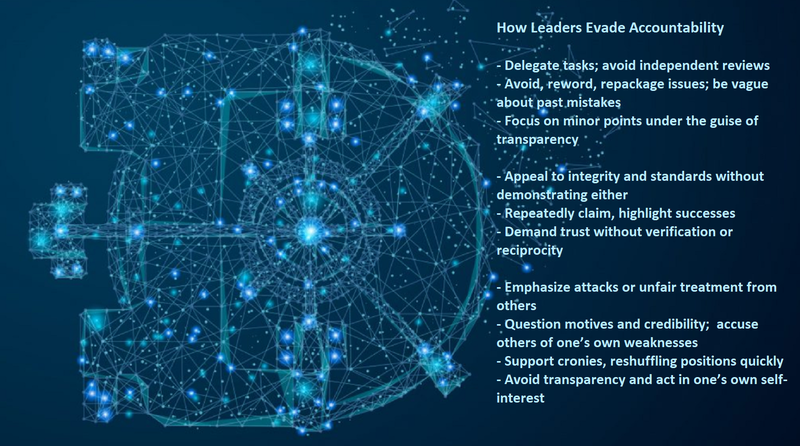Belt and Rebranding Initiative: Interpreter
The Belt and Road Initiative represents a wide variety of Chinese overseas initiatives, explains Nora Schlenzig of the Lowy Institute. “The initiative itself has gone through several rounds of rebranding since its official launch by Xi Jinping in 2013,” she explains, including One Belt, One Road Initiative and New Silk Road. “Supporters see it as a long-overdue plan for global infrastructure upgrade and integration. Sceptics, on the other hand, view it as China’s attempt to challenge the liberal world order, or they have concerns about transparency and sustainability of BRI debt financing.” She explains that trends in China’s trade, investment and lending patterns had been established at least a decade before BRI was announced. BRI soon controlled projects already underway including the Laos-China railway and Sri Lanka’s Colombo Port city. Schlenzig maintains the rebranding allows China’s president to assert power. “The absence of hard rules to play by also allows for opportunistic endorsement of successful elements and rejecting the more unsuccessful strategies, thereby reducing accountability,” she concludes. “Such deliberate ambiguity and lack of institutionalisation is one of the key characteristics of the Chinese political system more generally.” – YaleGlobal
Belt and Rebranding Initiative: Interpreter
Old ideas are new again in the name of China’s Belt and Road initiative – allowing the president to assert power and dodge accountability
Tuesday, April 21, 2020
Read the article from the Interpreter of the Lowy Institute, about the Belt and Road Initiative and accountability.
Dr Nora Schlenzig is an academic and political risk analyst with focus on China’s politics, regulatory reform and the role of the local state in the country’s internationalization process.

(Source: Kelly O’Donnell, CHS Alliance)
The Interpreter
© COPYRIGHT 2019 LOWY INSTITUTE